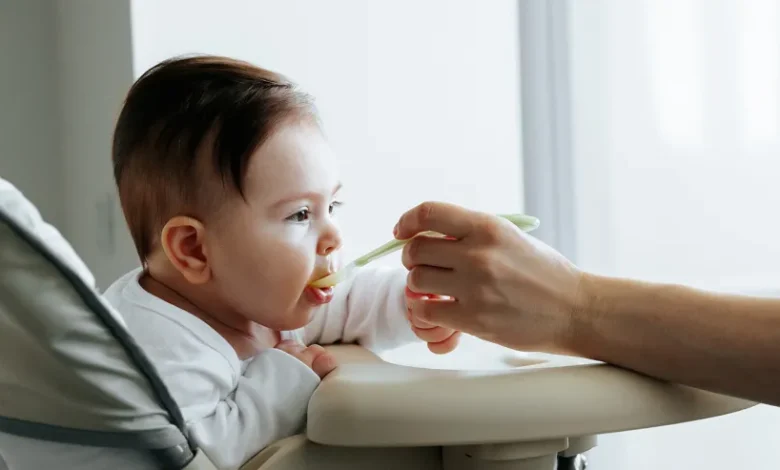60 percent of supermarket baby foods are unhealthy: Research

According to recent studies, about two thirds of the foods sold in supermarkets in the United States to infants and toddlers are harmful.
In 2023, food products for infants and toddlers from ten different grocery chains in the United States were examined by researchers at the George Institute for Global Health. The World Health Organization’s (WHO) nutritional and promotional guidelines were compared to the nutritional information in these foods by the researchers.
According to the research, all of the items made illegal advertising claims on the packaging, and 60% of the goods they evaluated did not exceed nutritional guidelines. The study was released on Wednesday in the Nutrients peer-reviewed publication.
Additionally, the survey discovered that 44% of the goods had more sugar than was advised and 70% of the items did not reach the appropriate levels of protein. Additionally, it was discovered that roughly 20% of the items had more sodium than required and 25% of the products did not fulfill the calorie requirements.
The survey found that sales of infant food pouches have increased by 900 percent in the past 13 years, although it did not specify which food types or brands it examined. Less than 7% of pouches were found to satisfy the suggested levels of total sugar.
The Hill has gotten in touch with trade groups that speak for some infant and toddler food producers.
A statement from Elizabeth Dunford, a research fellow at the George Institute and one of the study’s authors, stated that many of the items lack essential nutrients for kids.
“The formative years of early childhood are critical for rapid growth, taste preferences, and dietary habits, which may pave the way for the development of chronic conditions like obesity, diabetes, and certain types of cancer in later life,” the press statement stated.
“Parents with limited time are increasingly selecting convenience foods, misled into thinking they are healthier than they actually are, and unaware that many of these products lack essential nutrients needed for their child’s development,” the speaker went on.
Additionally, the study discovered that almost every product the researchers examined had at least one claim on the package that went against the WHO’s recommendations for these foods’ promotion. For instance, “non genetically modified (GM)” and “organic” claims were made on 70% and 59%, respectively, of the items.
According to a statement from Daisy Coyle, an institute research fellow and co-author of the study, “lack of regulation in this area leaves the door wide open for the food industry to deceive busy parents.”
In addition to the use of deceptive claims, Coyle observed that deceptive product names were employed, with the product name not accurately reflecting the primary ingredients listed in the ingredient list.




